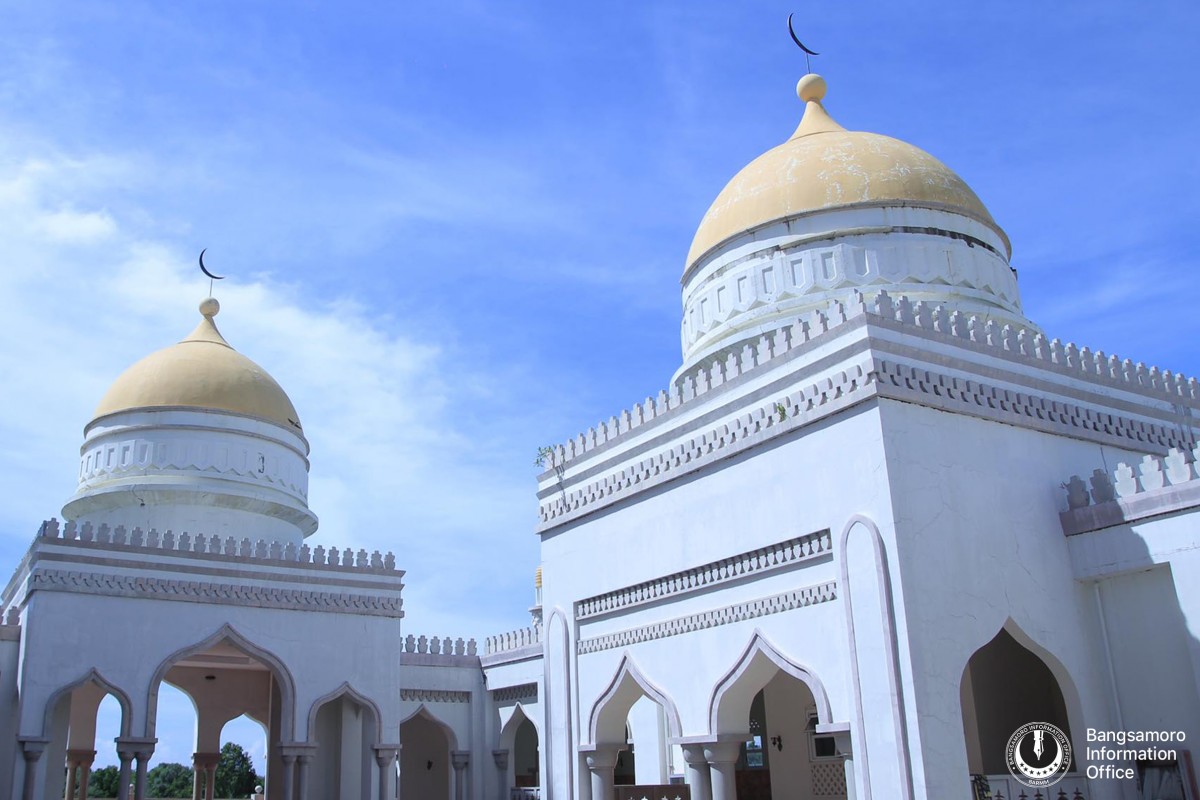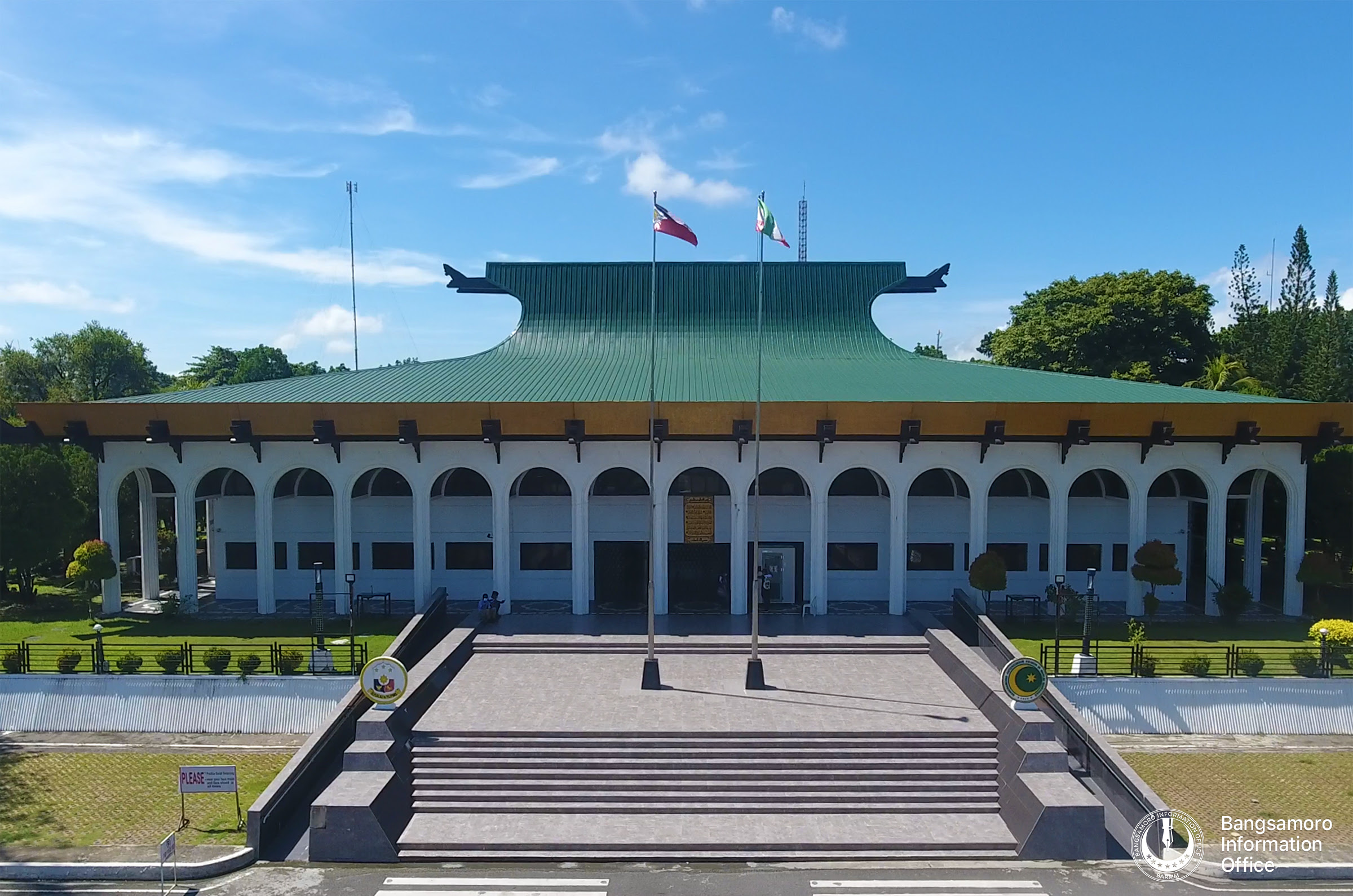Today, March 23, our Muslim brethren all over the world begin their Holy Month of Ramadhan.
We must learn the value of this holy month for all of our Islamic Faithful.
The holy month of Ramadhan is the ninth (9th) lunar month in the Islamic calendar which is a period of fasting and spiritual growth among Muslims.
Fasting is one of the five “pillars of Islam” – the others being the declaration of faith, daily prayer, alms-giving, and the pilgrimage to Mecca.
What is fasting in Islamic Tradition and why do Muslim brethren do this?
Fasting is the obligation to refrain between dawn and dusk from food and drink as well as sexual activity. This practice of self-restraint is one form of "ibadah" or worship that paves the way for Muslims to purify souls and strengthen their faith in Allah (SWT).
Abstinence, at the behest of Allah (SWT), strengthens man's morality and self-control as well as a means to empathize with those less fortunate.
It does not aim at inflicting punishment but to teach moderation and spiritual discipline.
During this holy month of fasting, Muslims go to the mosque and spend several hours praying. The fast is broken at sundown with a meal called iftar, often shared among family and friends. Muslims will gather at nightfall in the mosque for special communal prayers called tarawih.
In the month of Ramadhan, there’s also the brightest of all nights that they called "Laylat-al Qadr" otherwise known as the Night of Power. It is considered to be the Islamic calendar’s Holiest eve. This commemorates the night on which Allah (SWT) first revealed the Qurʾān to the Prophet Muhammad through the angel Gabriel (Jibrīl). This night falls within Ramadan’s final 10 days. It is believed that when you complete good deeds on Laylat al-Qadr, your fasting is increased in reward.
According to Islamic belief, the reward of fasting is with Allah (SWT) Himself as a person is sacrificing all of their worldly needs for a reward in the afterlife.
The end of the Ramadhan fast is celebrated as Eid al-Fitr which is one of the two major religious holidays of Muslims. (RVD – ODDG for KM)





